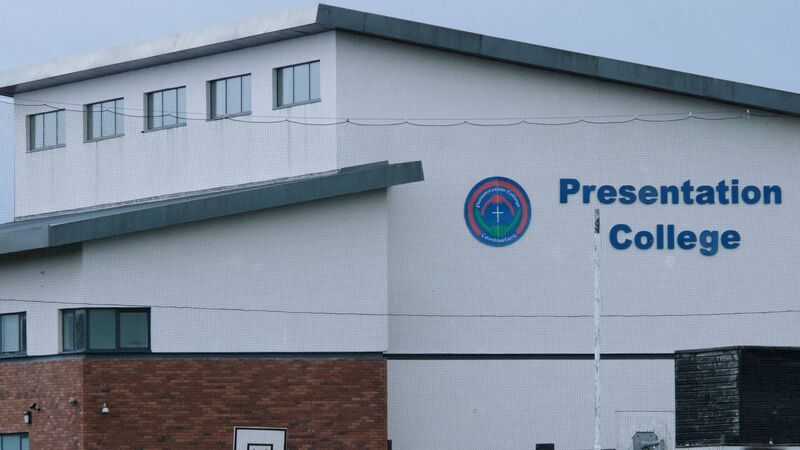Press complaint partially upheld over claims school ‘body shamed’ female students

The Press Ombudsman has partially upheld a complaint against a regional newspaper over a story alleging that a Carlow secondary school had requested female students not to wear tight clothes that would distract teaching staff. File picture: michaelorourkephotography.ie
The Press Ombudsman has partially upheld a complaint against a regional newspaper over a story alleging that a Carlow secondary school had requested female students not to wear tight clothes that would distract teaching staff.
The principal and secretary to the board of management of Presentation College Carlow, Ray Murray, took a complaint against the newspaper to the Press Ombudsman over an article published last November which raised concern over claims that female students had been requested not to wear tight clothes to school.










